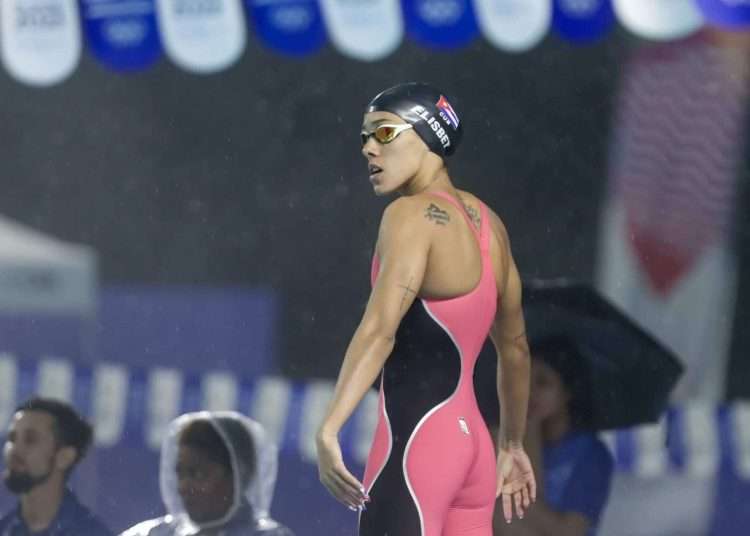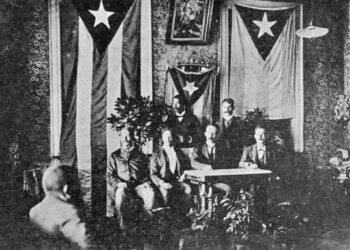The twenty-fourth edition of the Central American and Caribbean Games has already put out the flame in San Salvador, the emerging venue that saved the regional competition after Panama declined its commitment as organizer due to the economic effects of the COVID-19 pandemic. It has been more than two weeks of very high competitive intensity, in which Mexico reaffirmed itself as the main sports power in the region, leaving in a distant memory Cuba’s everlasting reign.
With a delegation full of young and inexperienced athletes, the Cubans struggled to achieve the goal of obtaining 70 titles and not sinking too low in the medal table. Along the way, some disciplines fell far short of expectations; others complied with their road map and others impressed with spectacular performances, such as wrestling and judo, which together took 24 out of 33 possible crowns.
As in every multisport event, surprises arose, unexpected heroes who climbed to the top of the podium when hardly anyone counted on them. In the group we could include Leidis Veranes, Narianna Portuondo, Orquídea Ferrer and Elizabeth Hidalgo, members of the saber team, which had not won the gold medal since Cartagena 2006, or the handball squads, which had not reached the doublet (gold in the men’s and female’s) since Ponce 1993.
But there is more, athletes and groups that became a revelation for Cuba thanks to their faith, fighting spirit and self-improvement. Next, we review some of the most surprising performances of the island’s delegation in San Salvador.
Elisbet Gámez, the queen
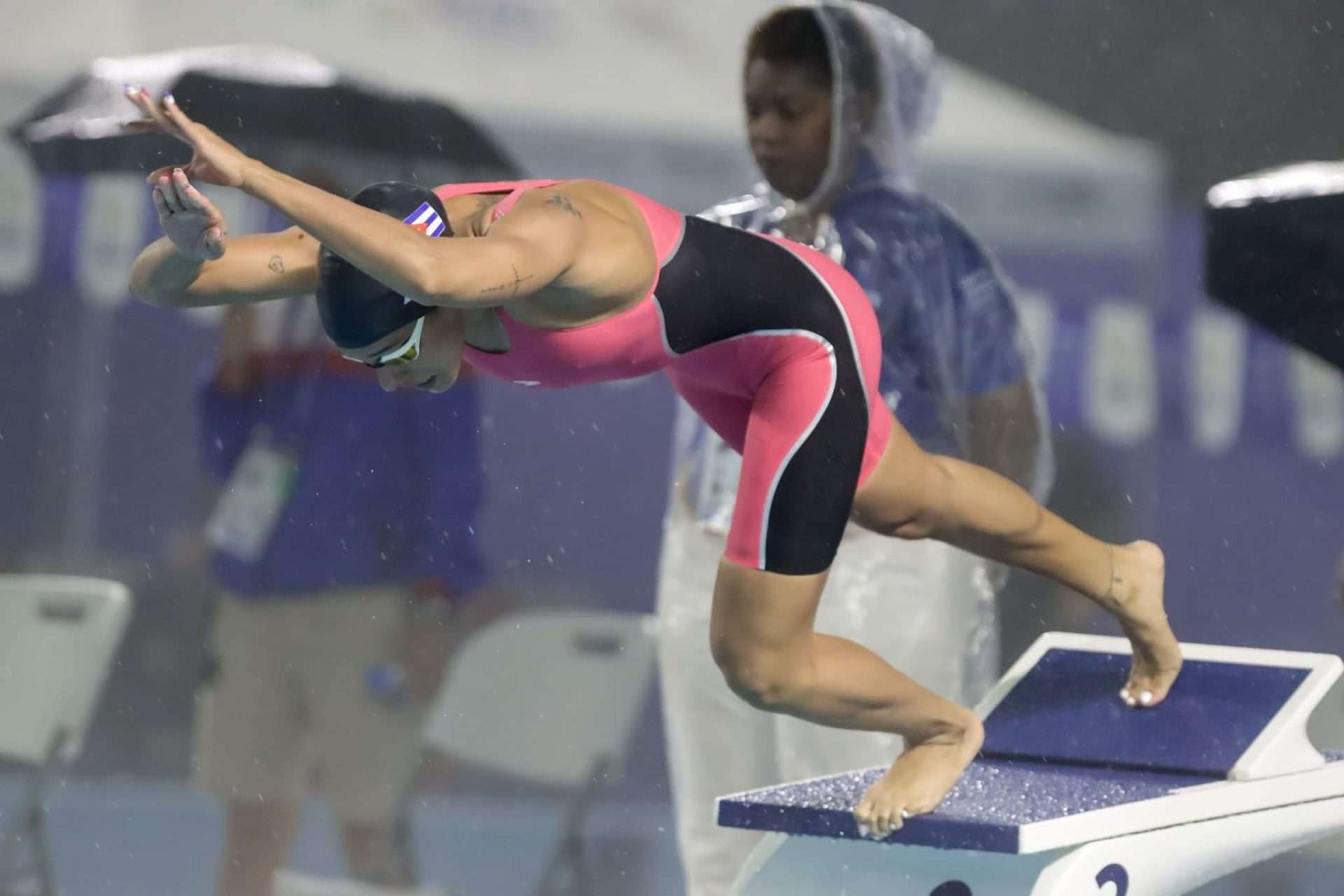
The Cuban queen of the Central American and Caribbean Games in San Salvador is the swimmer Elisbet Gámez, who won 4 gold and 1 silver medals in the pools of the Ciudad Merliot Aquatic Complex in Santa Tecla.
The girl from Baracoa won the 100- and 200-meter freestyle titles, and she became the first Cuban to triumph in these two tests in the same regional event. To understand the magnitude of her successes, we must take into account the poor Cuban track record in these modalities throughout the history of the Central American and Caribbean Games.
In the 100-meter freestyle, for example, only María Llanio (1935), Olga Luque (1938) and Déborah Figueroa (1993) had climbed to the top for the island, while in the 200 meter the only Cuban with a title was Daimara Muñoz (1993).
Elisbet also closed at full speed the 2 relays (4×100 and 4×200) in which Cuba prevailed with its respective records for the Games, and won silver in the 400-meter freestyle behind the Colombian Karen Durango. Power has been the hallmark of this 26-year-old from Guantánamo, who joined the select club of Cuban swimmers with at least 4 Central American crowns: Déborah Figueroa (6), Olga Luque (6), Niuvys Rosales (5) and Ana M. Gonzalez (4).
Diorges Escobar, Cuban artistic gymnastics tradition continues
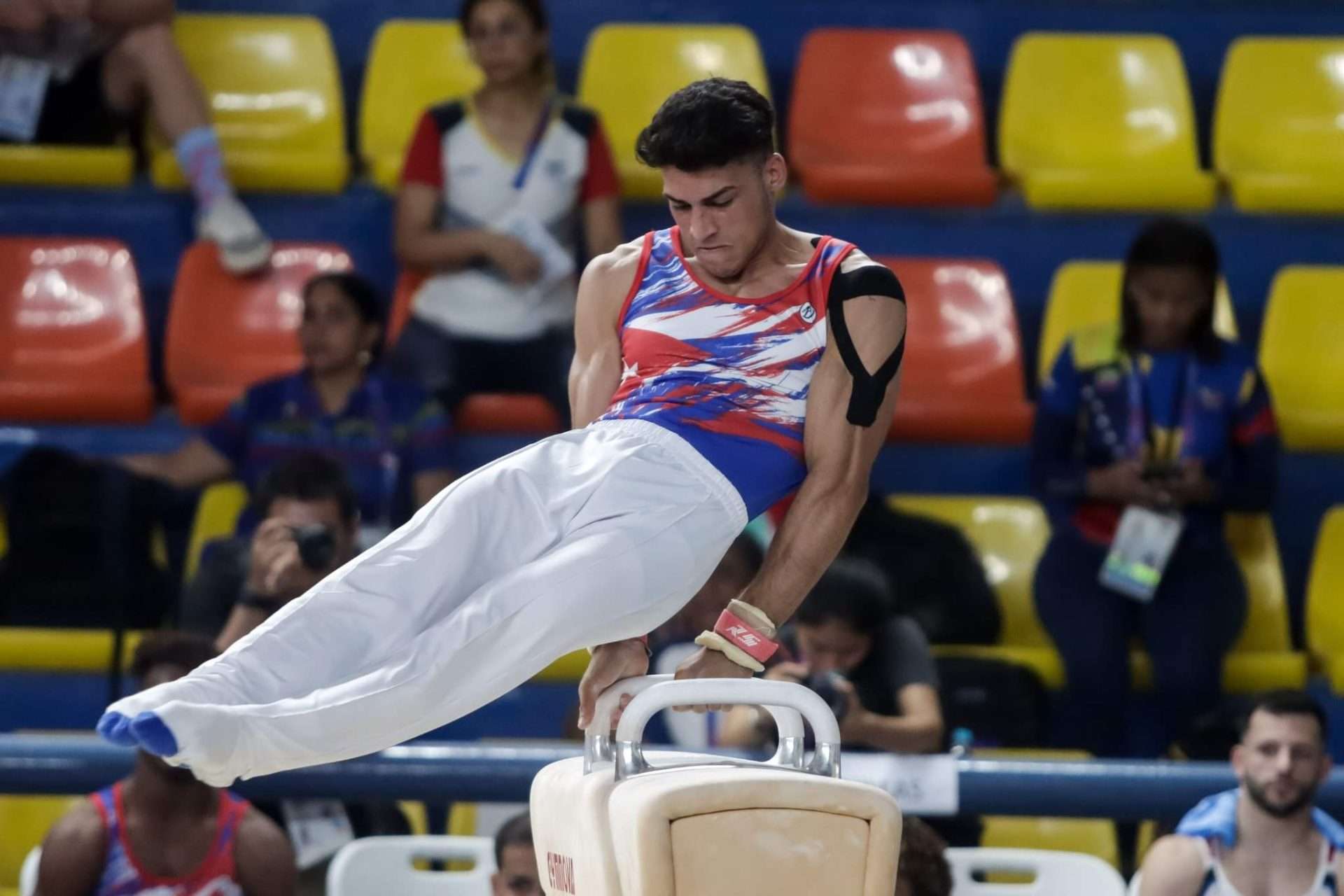
From Barranquilla 2018 to San Salvador 2023, Cuban artistic gymnastics lost all its exponents of the men’s team. The Olympians Manrique Larduet and Randy Lerú, and the promising Alberto Leyva, Rafael Rosendi and Ariam Vergara took different courses and did not continue in the national team, which was forced to put together one from scratch.
Taking this into account, it was almost impossible to imagine that the squad would manage to keep second place in the team competition, or that a young man from Sancti Spíritus (20 years old) with almost no international experience would manage to win the top points contest and leave the Salvadoran capital with two titles on his chest.
We are talking about Diorges Escobar, who managed to be crowned in the all-around ahead of the hardened Dominican Audrys Nim, multi-medalist in these contests and one of the best specialists in the Americas in the jump horse. As if that were not enough, he also rose to the top in the high bar final and became the second Cuban in this discipline to obtain a two-time Central American championship this century.
Escobar joined the long list of gymnasts from the island who have dominated the top points competition since this sport entered the Games program 77 years ago: Fernando Lecuona (1946), Ángel Aguiar (1950), Francisco Cascante (1954), Jorge Rodríguez (1970), Jorge Cuervo (1974), Enrique Bravo (1978), Casimiro Suárez (1982 and 1986), Félix Aguilera (1993), Erick López (1998) and Manrique Larduet (2014 and 2018).
Marifelix Sarría and 152 kilograms of gold
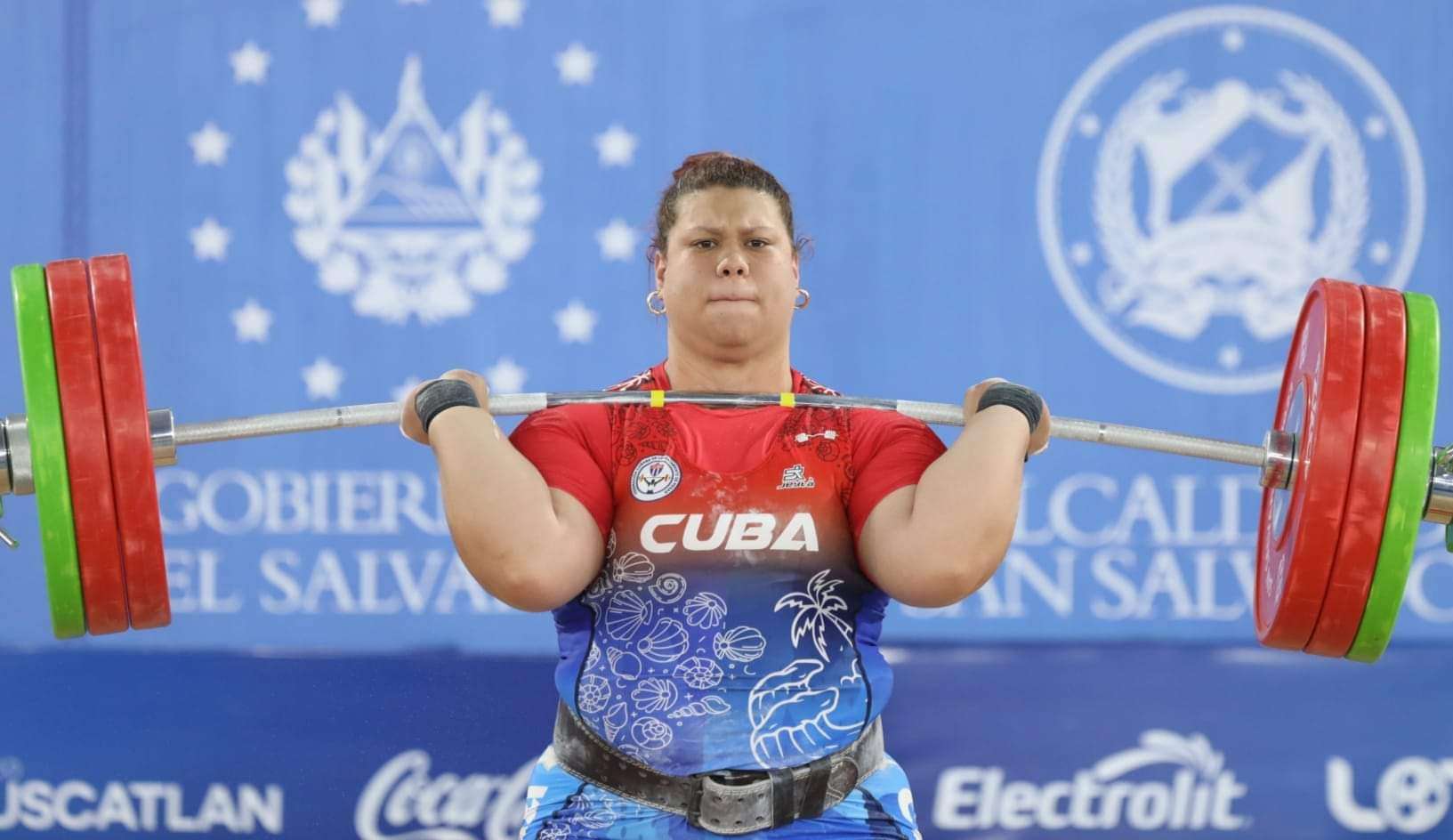
Cuba arrived late to women’s weightlifting, and that’s why only one athlete from the island had won a title in the discipline’s brief history at the Central American and Caribbean Games. We are talking about Marina Rodríguez, who won the title in the 63-kilogram clean and jerk at the Barranquilla 2018 event, where Ludia Montero (silver) and Melissa Aguilera (bronze) also managed to get on the podium.
Five years later, there were not too many expectations regarding the Cuban team that traveled to San Salvador, but 4 girls managed to climb to the awards podium, with special emphasis on the young Marifélix Sarría, champion of the clean and jerk in the +87-kilogram division.
Born in 2004 in Cienfuegos, the 18-year-old (turns 19 in August) burst in with enormous strength and lifted 152 kilograms in the clean & jerk exercise, a new national, junior national and junior Pan-American record, with which she managed to defeat the experienced Venezuelan Naryury Pérez, who has managed to sneak into the top 10 in the world in 2 world events.
Jaimet Ruano, queen of sunfish
Not many considered sailing as one of the sports that would bring gold medals to the Cuban delegation in San Salvador 2023, but Jaimet Ruano, from Guantanamo, was crowned in the sunfish category ahead of the Colombian Ana Sofía Bermúdez.
In the Apulo Recreation Park, the 31-year-old girl from Caimanera, achieved a total of 17 points after a series of eight regattas with two first places, four seconds, one-third and one-fifth.
This is the first crown for Cuban sailing in the Central American and Caribbean Games since the 2006 Cartagena edition when Jorge Téllez and Yudiel Suárez climbed to the top of the podium in the snipe category.
Prisis jumps into a pool of gold
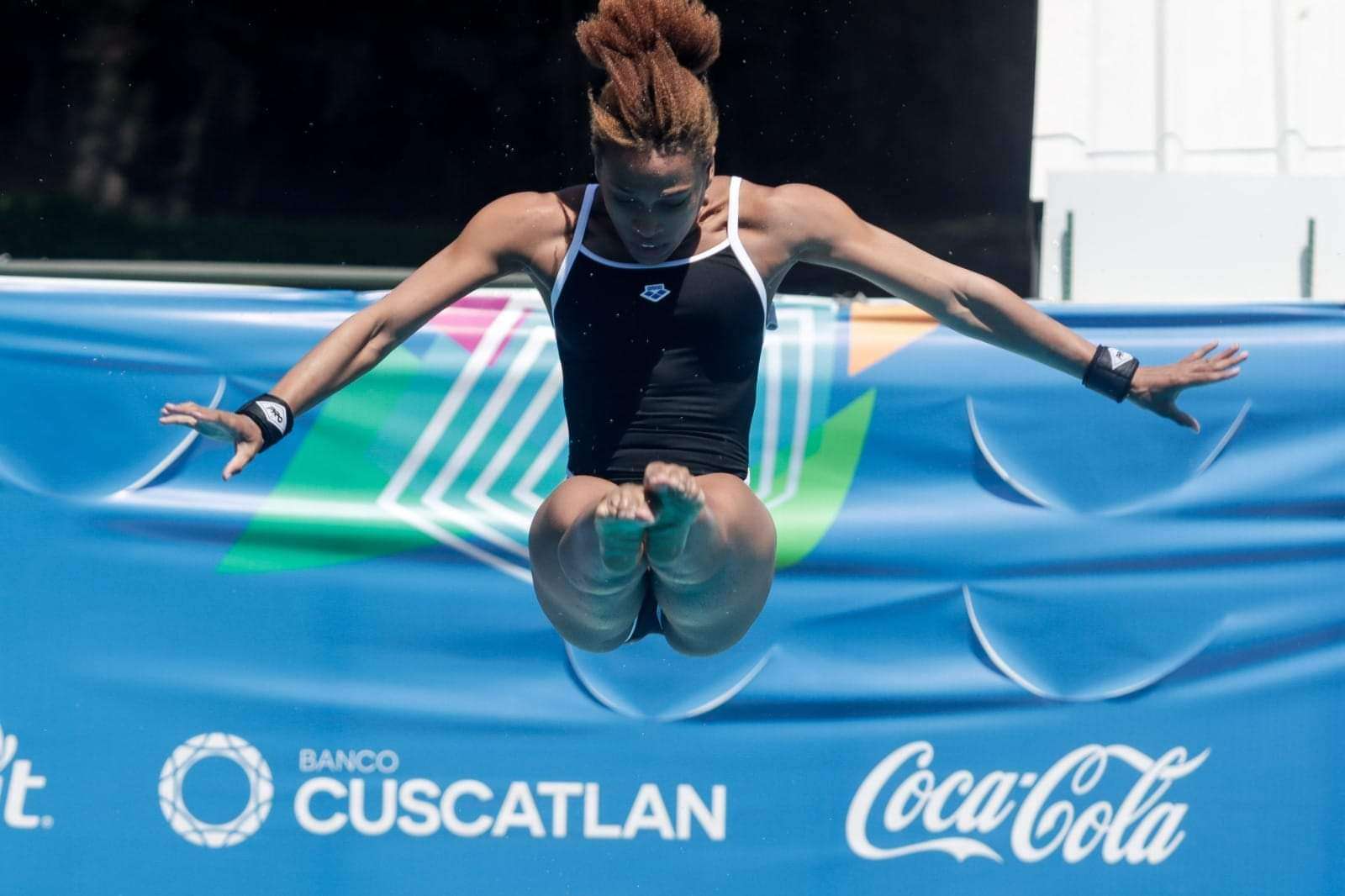
Prisis R. Randish (21 years old) had not been born the last time a Cuban woman won the 3-meter springboard in the dive at the Central American and Caribbean Games. To find an exponent from the island who has dominated this event, you have to go back to 1986 when Milagros González won her third consecutive crown in regional competitions.
After that event in Santiago de los Caballeros, Dominican Republic, the Mexican divers established a string of titles on the 3-meter springboard that lasted for 7 editions and 33 years, until Prisis ended the hegemony in San Salvador.
With a routine of jumps without excessive spirit, but with a lot of solvency and stability in the executions, the Santiago de Cuba woman managed to prevail ahead of her compatriot Anisley García, with whom she also formed a historic 1-2. Cuba did not obtain the first 2 places in the event since Medellín 1978, when the aforementioned Milagros González and Minnette Carvajal won gold and silver, respectively.
After obtaining a crown and only 2 medals in Barranquilla 2018, Cuban dives resurfaced in San Salvador, where they achieved a haul of 2 scepters and 7 medals with this golden closure from Prisis, who received close support from Milagros González, current commissioner of the discipline.
The new batch of Cuban athletics
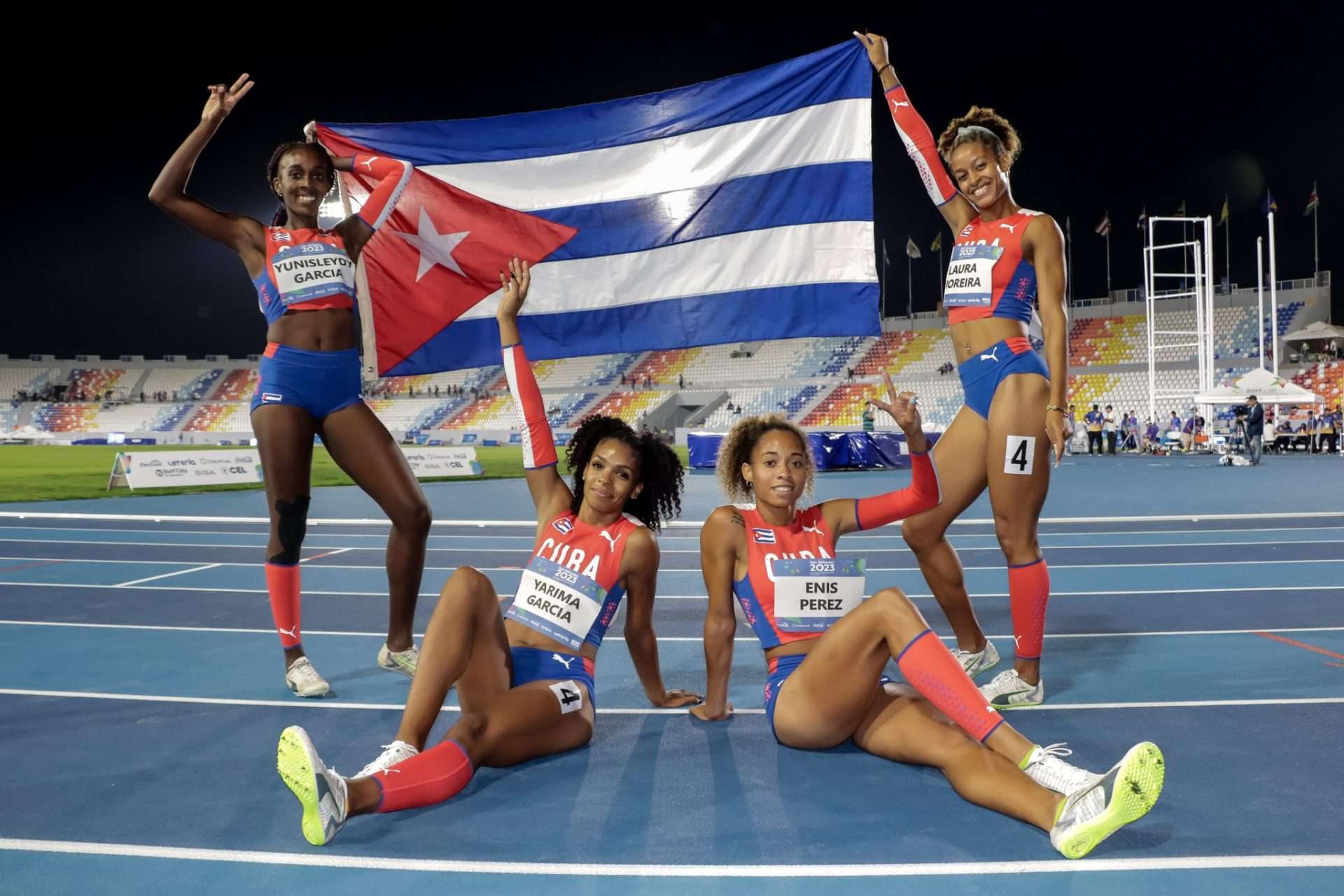
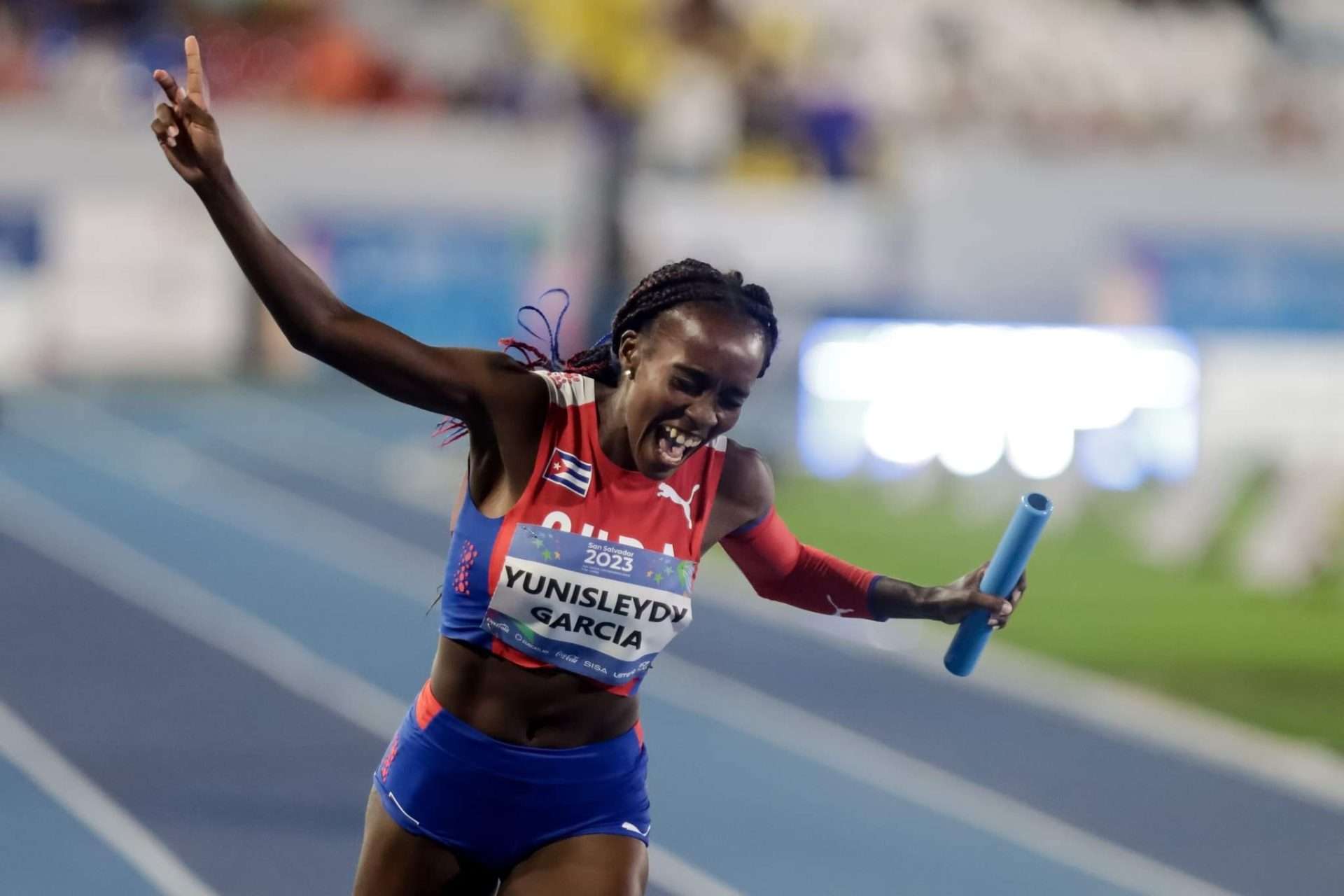
Without big stars on their rollcall after a long list of delegation dropouts, retirements and casualties in recent times, Cuban athletics has left a good impression on the track of the Jorge El Mágico González Stadium, supported mainly by its youngest figures.
Leyanis Pérez, for example, was able to keep up with Yulimar Rojas herself in the triple jump with a silver spurt of 14.98, a new personal record. This is just a sample of all the Cuban athletes who, although they have not reached the golden peak, have improved their marks on Salvadoran soil.
But let’s focus on those who have finished with the gold medal on their chest. From that list, if we are going to choose the most exciting track and field title to date, the fight is close between the heptathlonist Mary Patterson and the women’s 4×100 relay, a test in which Cuba has not tasted the honey of success for 17 years.
Patterson was not a favorite in the heptathlon, in fact, she went to San Salvador to serve as a squire for Adriana Rodríguez, the great gold medalist for the island. However, an injury took Adriana out of circulation and she left the race open for the title, with the Colombian Marta Araujo having a slight advantage over Patterson before the last test.

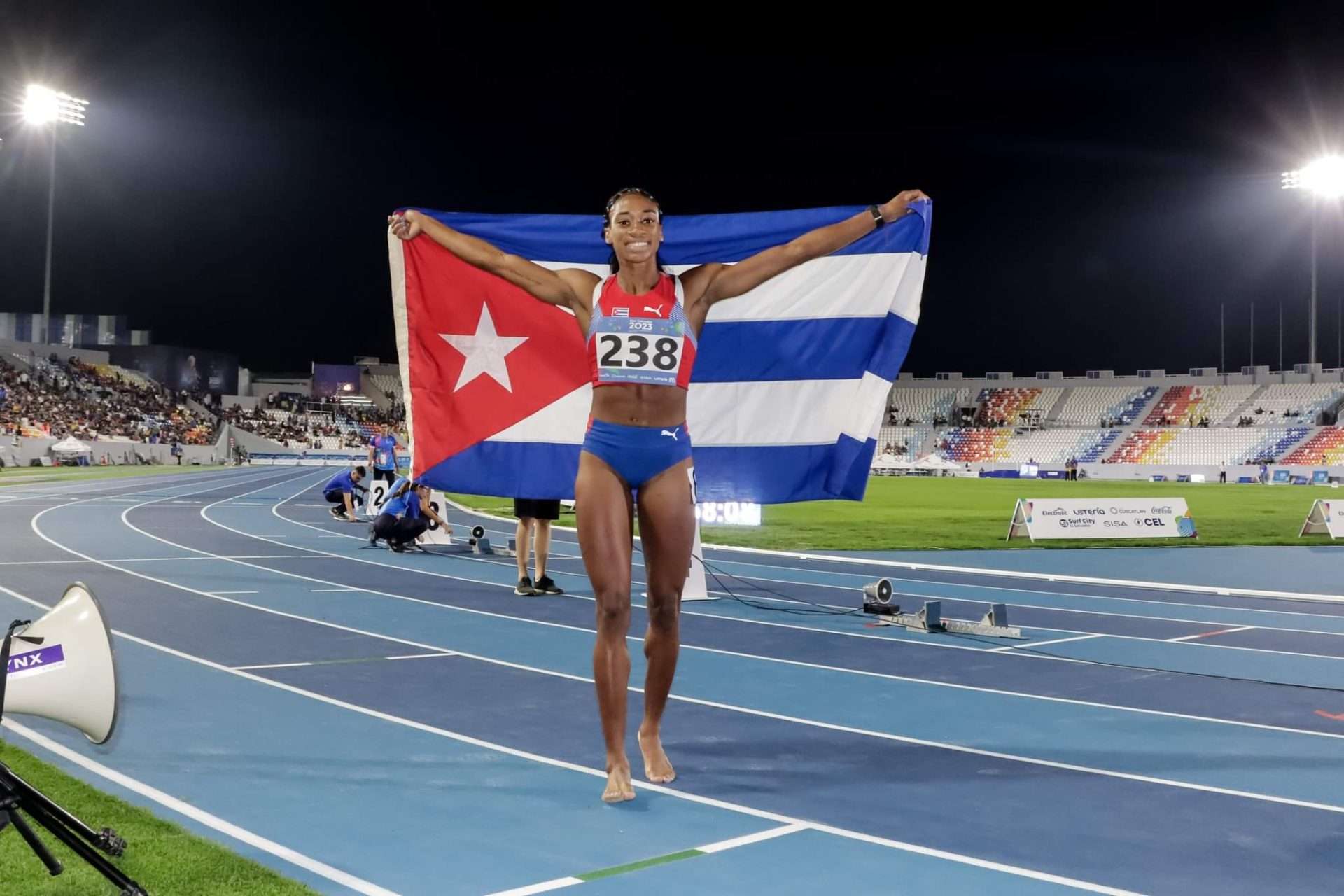
It seemed impossible for the Cuban to turn the situation around, but in the 800 meters she picked up speed and made an important gap with respect to the Colombian, who lost all the points and the gold medal. The exciting outcome had many similarities with the heptathlon at the Lima 2019 Pan American Games, where it was Adriana Rodríguez who prevailed against all odds after Yorgelis Rodríguez’s injury.
As we said, this has not been the only electrifying end in favor of Cuba in San Salvador. Laura Moreira, Enis Pérez, Yarima García and Yunisleydi García dominated the 4×100 relay with a time of 43.17 seconds, the third best historical time of a Cuban relay after those achieved in the 1993 Stuttgart World Cup (42.89) and a rally in Madrid in 2004 (43.07), according to data from journalist Eyleen Ríos.
The women’s quartet of the short relay had not won a crown for Cuba in Central American competitions since Cartagena 2006, when Virgen Benavides, Misleidys Lazo, Roxana Díaz and Anay Tejeda reigned.
And following in the string of young blood, Mario Díaz from Matanzas (23 years old) and Alejandro Parada from Santiago (long jump-19) also surprised and made the golden cross in San Salvador, where they were not expected to reign in their first experience in these competitions.
Parada’s record was not great (7.88 meters), but he knew how to stand up for Cuba after Maykel Massó’s unfortunate injury in his first attempt. With the favorite out of competition, one of the sure titles of the Cuban delegation was in danger and the indomitable young man appeared at the moment of truth.
Mario Díaz, for his part, defeated the Colombian Mauricio Ortega, monarch of the last edition in Barranquilla and seventh in the disc final of the Tokyo Olympic Games.

